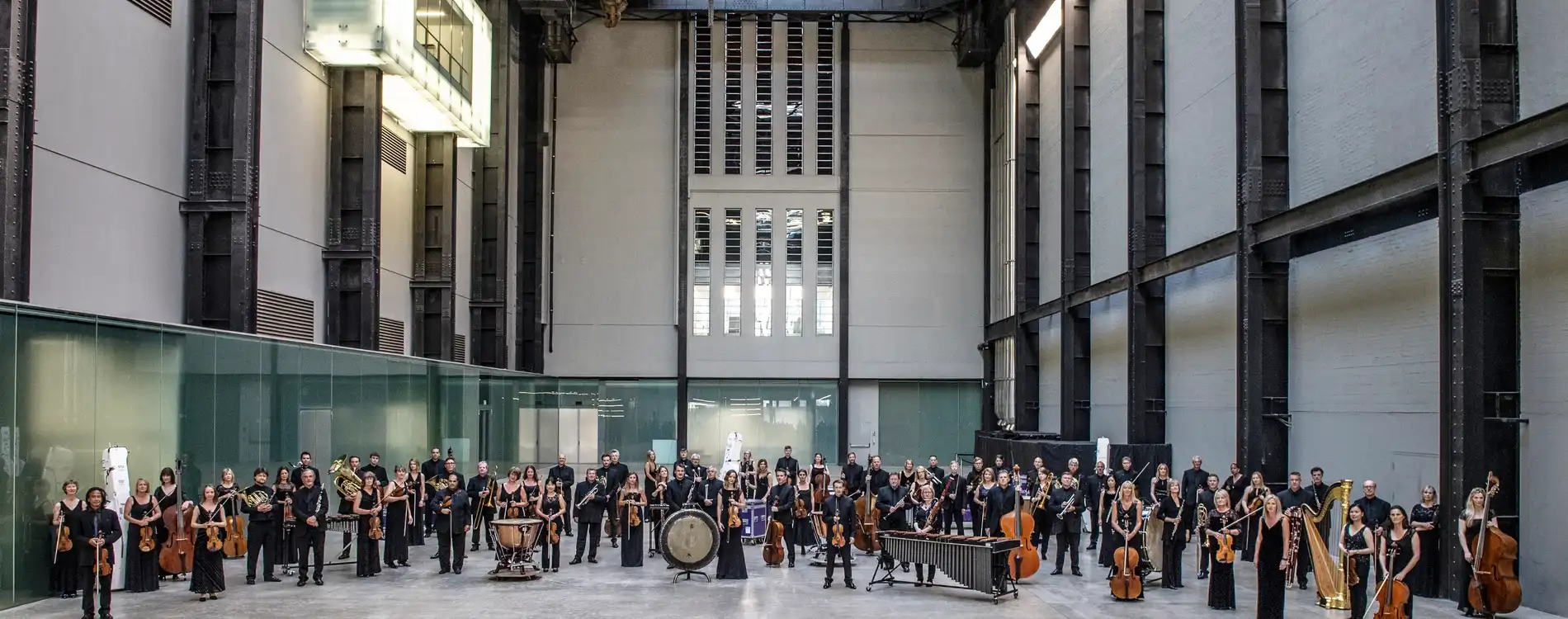Published on December 12, 2024Updated on December 18, 2024
This year we are celebrating 100 years since Pierre Boulez (1925-2016), one of the greatest modern musicians, was born. Bruno Mantovani, director of Printemps des Arts, felt very close to him on a human and artistic level. Boulez’s versatility made him a leading light in the music world during the second half of the 20th century.
Pierre Boulez: A 360° Musical Portrait
“The simplest way to plan this festival would have been to perform all his compositions, and in fact I will conduct a concert devoted entirely to his music on the actual day of his centenary. But we also wanted to paint a broader portrait of the composer, conductor and teacher, because he was extremely active in society and had a great fondness for the Principality, where he often came to give concerts. This event is an opportunity to look back on his French and Viennese inspirations, his friendships with Stockhausen and Berio, and his adversaries, his descendants and his role in the history of music,” enthuses the artistic director Bruno Mantovani.
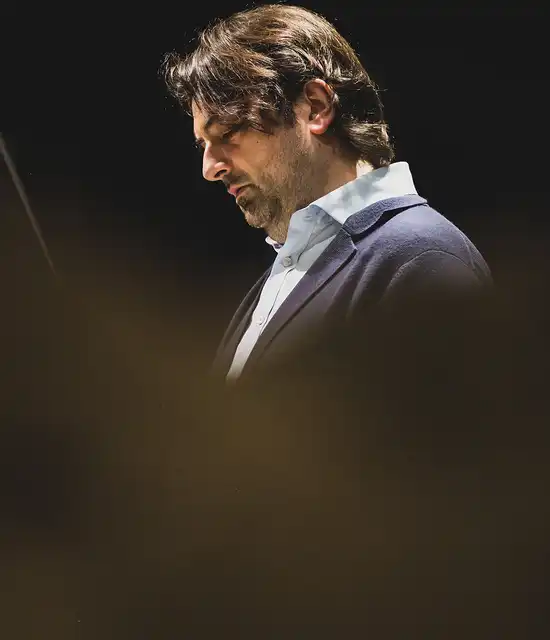
A musical journey
The past three editions of Printemps des Arts focused on the theme Ma fin est mon commencement and surprised audiences by juxtaposing the early and latest works of composers. In the same vein, the evening of 26 March (the musician’s birthday) will include a joyful and swirling sonatina for flute and piano, which he wrote just after leaving the Conservatoire, having studied with Olivier Messiaen. The concert will also feature a performance of one of his last major works, Dérive 2, a pinnacle of virtuosity lasting 45 minutes
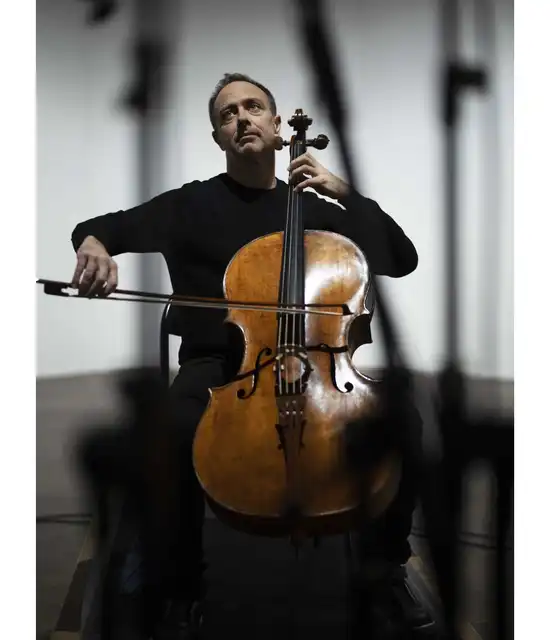
Mallarmé, Michaud and poetic inspiration
Although this edition is more focused on contemporary music than those that came before, it certainly does not neglect the gems of the past:
“I admire the liveliness, sensuality and modernity of Pierre Boulez’s music. His works honour the past and fit beautifully into our musical heritage. With his keen eye, he made very strong choices, and while he did not like Italian opera, he adored Wagner, Bruckner, Debussy and Ravel. He had a soft spot for composers who embodied a form of modernity, like the three Viennese composers: Schoenberg,
Berg and Webern,” continues Bruno Mantovani.
A great contributor to musical life through his writings and his talks at the Collège de France, Pierre Boulez also conducted orchestras and created institutions such as IRCAM (Institute for Research and Coordination in Acoustics/Music), an incredible research centre dedicated to musical expression and scientific research.
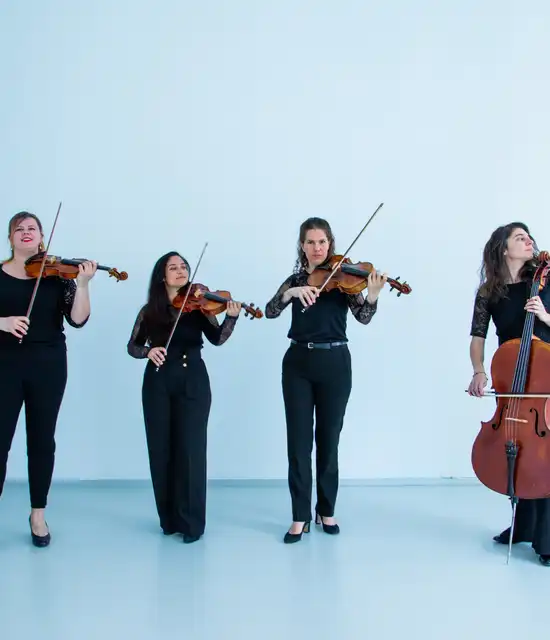
A life dedicated to music
Pierre Boulez was very open to other disciplines and conducted ballet music, especially the remarkable works of Béla Bartók. Poetry was also a great love of his, and accompanied him throughout his life, as evidenced by his writing on René Char and Stéphane Mallarmé. The artistic director concludes: “Pierre Boulez was an all-round musician; he had an acute knowledge of the history of music and was sensitive to dance. We are delighted to be collaborating here with the Ballets de Monte-Carlo and we have planned many events this year with people who knew him well, such as Laurent Bayle and great figures in modern musicology who bore witness to Pierre Boulez’s passion."
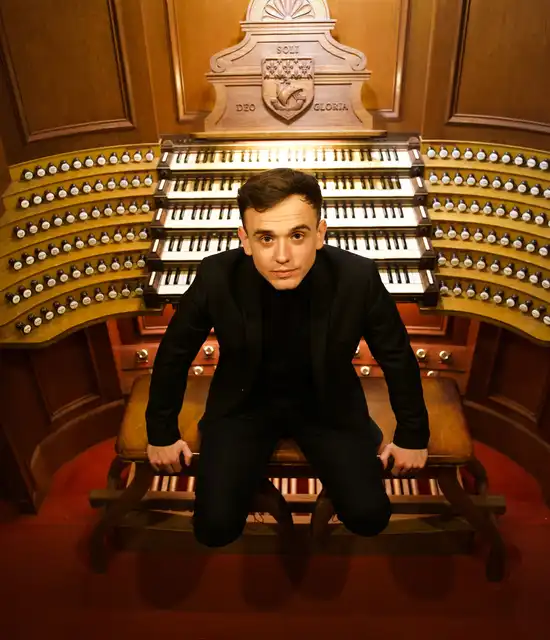
You might also like…
Belle Époque by Bon Entendeur curates the Maona Monte-Carlo’s playlists
Our new summer destination, Maona Monte-Carlo, prepares to reinvent the light and carefree times of the Dolce Vita of the 1960s Riviera. Bon Entendeur came to soak up its glamorous and deliciously retro atmosphere and prepare elegant and fun bespoke playlists for the summer nights.
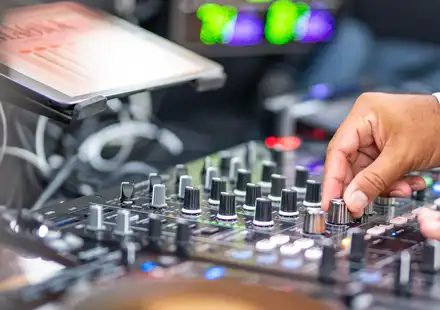
Interview with Gérard Veyrat de Lachenal, 'Mr Wine’ at the Monte-Carlo Bay Hotel & Resort
Discover our interview with the famous head sommelier of the Blue Bay, the gastronomic restaurant of the Monte-Carlo Bay Hotel & Resort in Monaco.

New Moods reopens: let the party begin! Interview with Stéphane Lobono and Alfonso Ciulla
Read the interview with Stéphane Lobono and Alfonso Ciulla about the reopening of New Moods in Monaco, an iconic venue dedicated to live music.

